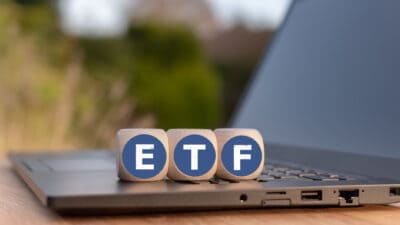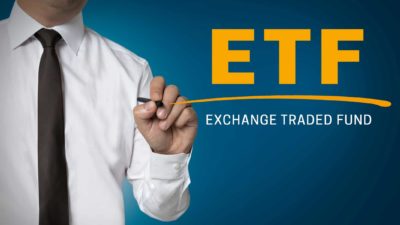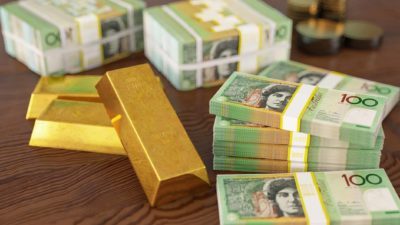The Vanguard Australian Shares Index ETF (ASX: VAS) is the largest exchange-traded fund (ETF) on the ASX. Many different Aussies at different life stages may be invested in the VAS ETF.
For readers who don't know what this fund does, it aims to track the S&P/ASX 300 Index (ASX: XKO), being a benchmark of 300 of the largest businesses on the ASX. We're talking about names like Commonwealth Bank of Australia (ASX: CBA), BHP Group Ltd (ASX: BHP), National Australia Bank Ltd (ASX: NAB), Woolworths Group Ltd (ASX: WOW) and other large Australian/ASX companies.
The ASX is home to plenty of large businesses that are titans in their industries such as banks and miners. Those sorts of sectors may be better suited to a particular type of investor. What works best for wealth-builders may not be the same for people in retirement, and vice versa.
VAS ETF works for both types of investors
I believe the VAS ETF is a solid choice for Aussies. It offers a commendable amount of diversification, with 300 different positions.
It would cost a lot in brokerage to go out there and buy 300 different positions individually. Having exposure to all of those positions is mostly a good thing, in my view.
The Vanguard Australian Shares Index ETF has a cheap annual management fee of just 0.07%. That means almost none of the fund's value or returns are lost to fees, while many active fund managers charge 1% or more, regardless of performance.
If investors want exposure to the Australian share market, then this is the right way to go about it.
I like the various businesses it provides access to, including Telstra Group Ltd (ASX: TLS), Wesfarmers Ltd (ASX: WES) (which owns Bunnings and Kmart), Macquarie Group Ltd (ASX: MQG), Goodman Group (ASX: GMG), Xero Ltd (ASX: XRO) and many more.
Passive income and taxes
There are a couple of connected reasons why I believe the VAS ETF is more suited for people in retirement.
Firstly, the Vanguard fund is weighted to companies with relatively high dividend payout ratios. This leads to those companies having relatively high dividend yields and retaining less of their profit.
I'd imagine many retirees are hoping to receive passive income from their investments, and the VAS ETF can provide that. In the past year, its distribution yield has been approximately 4%, plus franking credits.
While plenty of retirees may be in a low tax bracket, which means their passive income isn't taxed at a high rate, plenty of wealth-builders may have other sources of income. It wouldn't be helpful if the VAS ETF is paying close to half of its returns to investors as income, and then investors are losing a substantial chunk of that payment (say a third) to tax if they work full-time with a higher tax bracket.
What could help wealth builders?
I think capital growth is the most helpful type of return for people in the wealth accumulation phase of their lives. Capital returns are not taxed yearly like income; investors are only taxed once they sell their assets.
Total return is the best thing to look at, in my opinion. I don't mind owning businesses with a lower dividend yield if they're investing for growth.
The return on equity (ROE) can tell investors how much money a company is making on its retained shareholder money that it hasn't paid out. According to Vanguard, the VAS ETF has an ROE of 12.4%, while the Vanguard MSCI Index International Shares ETF (ASX: VGS) – representing the global share market – has an ROE of 19.4%.
Over time, I'd expect the VGS ETF to generate more capital growth than the VAS ETF because its global companies make more profit on retained money. Receiving less dividends also means wealth accumulators would pay less tax on that income.
That's why I think the local share market is better suited for retirees due to passive income, while the global share market would be a more effective choice for younger Aussies. But, older Aussies can also benefit from investing in the global share market.









